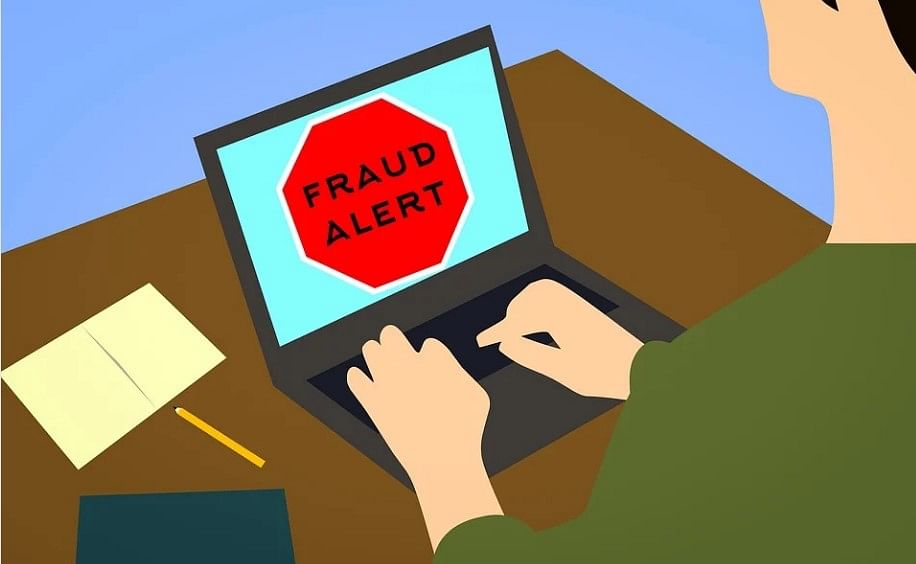
The convenience of getting doorstep delivery of products makes online shopping more appealing than the conventional way of buying stuff at brick-and-mortar stores. However, as the popular phrase goes, all that glitters is not gold, everything on the web is not all hunky-dory too.
With less than two months left before the end of 2022, and the Christmas festival right around the corner, several e-commerce companies are offering massive discounts on a wide range of products.
But, threat actors are also active and preying on naive users by sending random messages via SMS and emails with fake gadget offers or gift vouchers centered around the festive season and seeking banking details to wipe your account clean.
“While you might be scoping out the deals for Cyber Monday, bad actors are fine-tuning their hacking and phishing schemes in hopes of catching online shoppers unaware this holiday season. With so many people making online purchases this time of year, scammers are upping their game in hopes of fooling unsuspecting buyers into giving away personal information, collecting credit card and gift card numbers, and doing the classic bait and switch, or just taking the money and running. That’s why it is imperative that shoppers be extra vigilant when making online purchases or sharing information online during the holiday season,” said Michael Waring, vice president of Asia Pacific and Japan, Ivanti.
People should exercise caution or else may have to pay a heavy price for being ignorant of deceitful schemes online. In India alone, banking frauds touched 1.38 lakh crore value in the 2022 financial year, reported Statistica Research Department.
It is very imperative for people to be cautious while transacting online. Here are a few tips shared by Ivanti IT security firm on how to safeguard yourself from cyber frauds:
1) Always shop on well-established e-commerce platforms. Some bad actors are good at creating fake websites with genuine company logos and interfaces, but won't be able to recreate the original website's URL. Be sure to read the fine details of the website address
2) Also, ensure the website URL has 'HTTPS'. This is should be the first sign you should look before going ahead to buy stuff online. If it has just the 'HTTP', then just ignore it and move on
3) It is good practice to use masked or virtual credit cards to buy products online. For the uninitiated, a virtual digital credit card is designed for a limited time period of 24 hours to 48 hours. This also masks the numbers of an actual credit card. This way, even if you store the card details on the merchant's website and the latter face a data breach in the future, your card details will still be safe. Most of the popular banks including the State Bank of India offer such virtual credit cards.
4) Never have the same username and password for multiple online accounts be it for social media platforms or banking/financial accounts.
5) Despite taking measures, if your bank account gets hacked, ensure you have enabled transaction alerts. After every transaction, you will be notified whenever a purchase is made. If you haven't made any purchase and yet get a notification, immediately call up the customer care number of your bank or open your banking app and block the card without wasting time.
6) Don't fall for lucrative deals offered on some unknown e-commerce platforms even if the URL is shared by your loved ones or colleagues
7) Don't share e-mail IDs or phone numbers or any personally identifiable details with websites that promise to offer extra discount
8) Don't be greedy. Nothing in life comes for free. When offered lucrative cash prizes, be very cautious and check all the parameters mentioned above before going ahead.
Get the latest news on new launches, gadget reviews, apps, cybersecurity, and more on personal technology only on DH Tech.